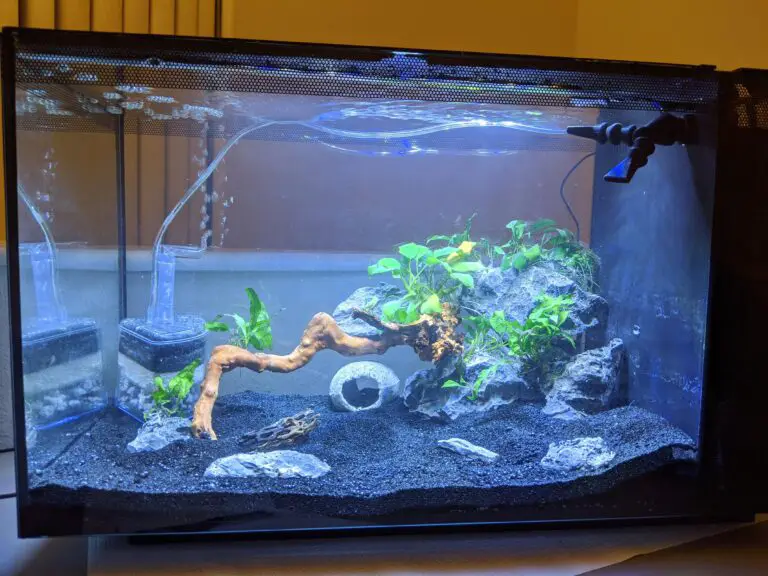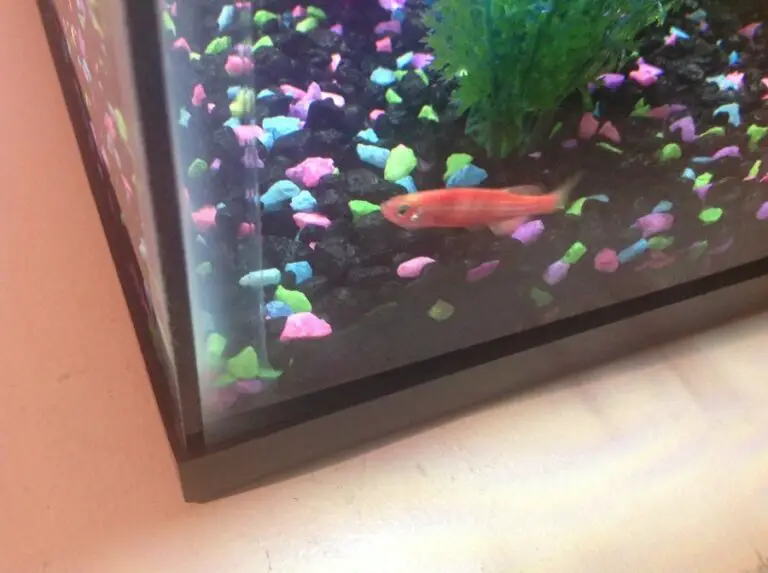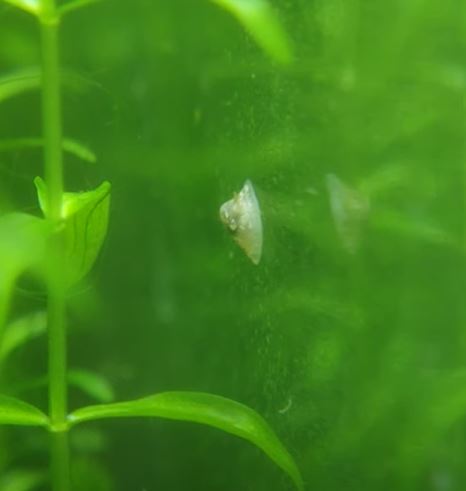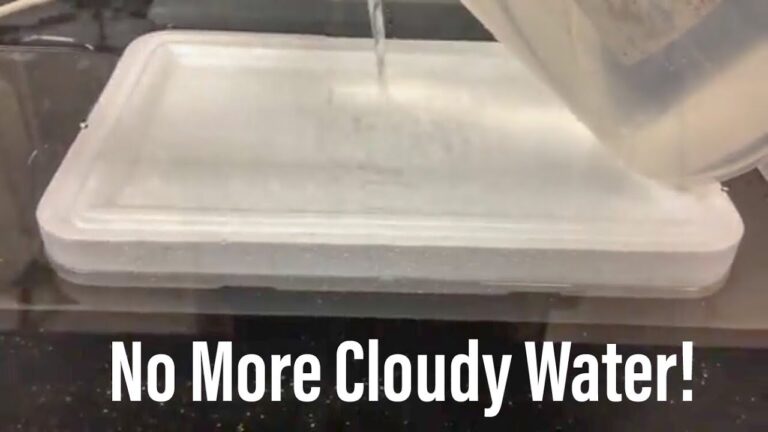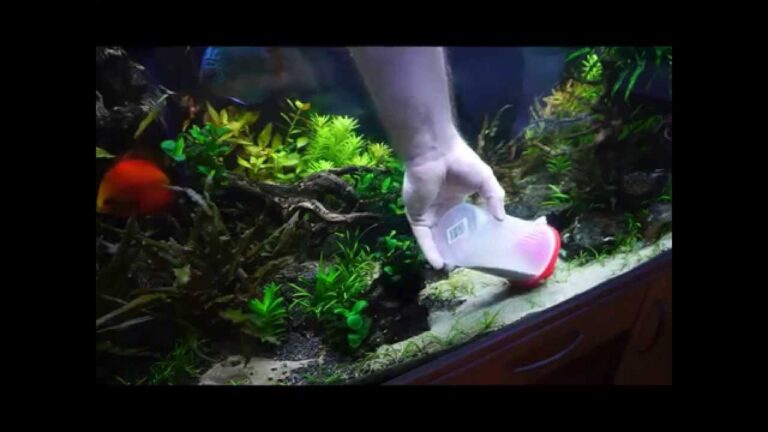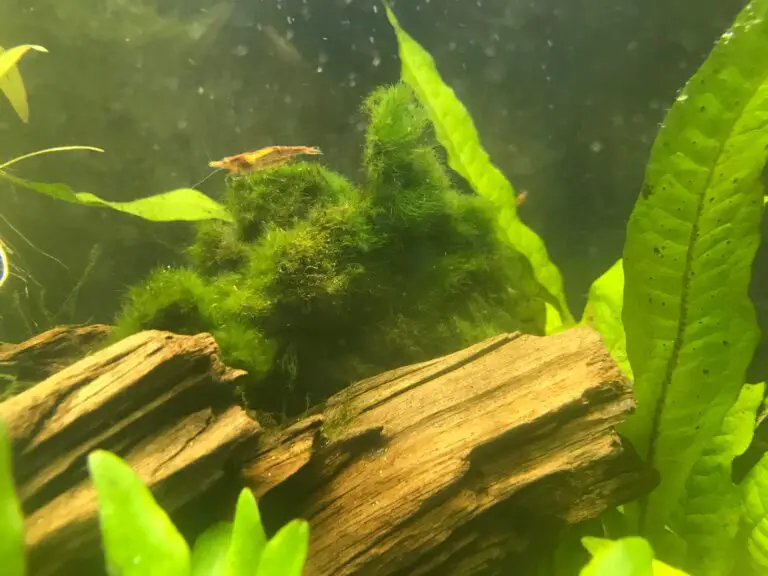How to Raise Alkalinity Without Raising pH Aquarium?
Raising your aquarium’s alkalinity without raising the pH requires careful management and water changes. The first step is to test your tank’s current alkalinity and pH levels. Then, using a buffer solution or calcium carbonate powder, add small amounts of either to the aquarium until you reach your desired alkalinity level. Be sure not to…

